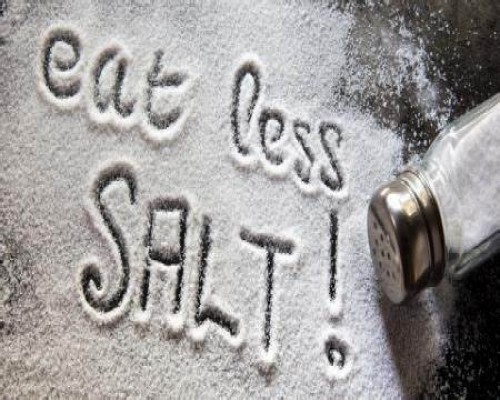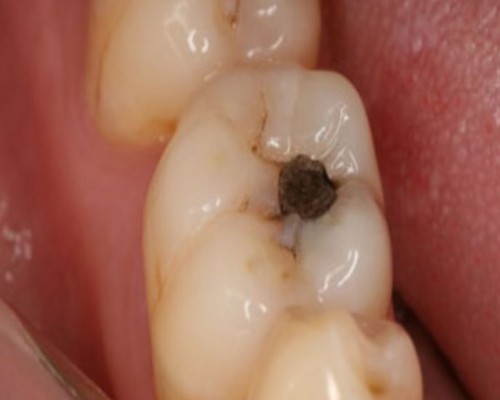For Heart and Kidney Health, Consume Less Than 5 Grams of Salt Daily

For Heart and Kidney Health, Consume Less Than 5 Grams of Salt Daily
Despite knowing that poor eating habits and lifestyle choices are major causes of diseases, many of us neglect our health. The World Health Organization (WHO) recommends consuming less than 5 grams of salt per day to maintain heart health and protect the kidneys. According to WHO, the global average daily intake of sodium is double the recommended amount. High sodium intake can lead to high blood pressure, which increases the risk of heart disease and stroke.
The Need for Sodium Reduction in India
In India, people consume twice the recommended amount of sodium, but there is no national policy to control salt intake. Researchers from the George Institute for Global Health in Hyderabad have pointed out that India lacks effective measures to reduce sodium consumption.
Study Findings on Salt Intake and Health Risks
Studies show that reducing sodium intake to WHO's recommended levels could save millions of lives over the next decade. A Lancet study claims that lowering sodium intake can prevent over three million deaths in ten years. Excess sodium intake is linked to various health risks, including high blood pressure, heart disease, and kidney issues. Lowering salt consumption can significantly reduce these risks.
Policies in Other Countries
Countries such as Britain, Argentina, South Africa, and others have set sodium reduction targets for packaged foods to address public health concerns. However, India has yet to implement similar policies. Researchers suggest that India could adopt similar initiatives to educate people on safe sodium levels and promote healthier food choices.
The WHO has set global targets to reduce sodium intake by 30% to help prevent lifestyle-related diseases. Reducing salt intake can lead to significant health benefits, and WHO has outlined strategies to achieve these goals.























